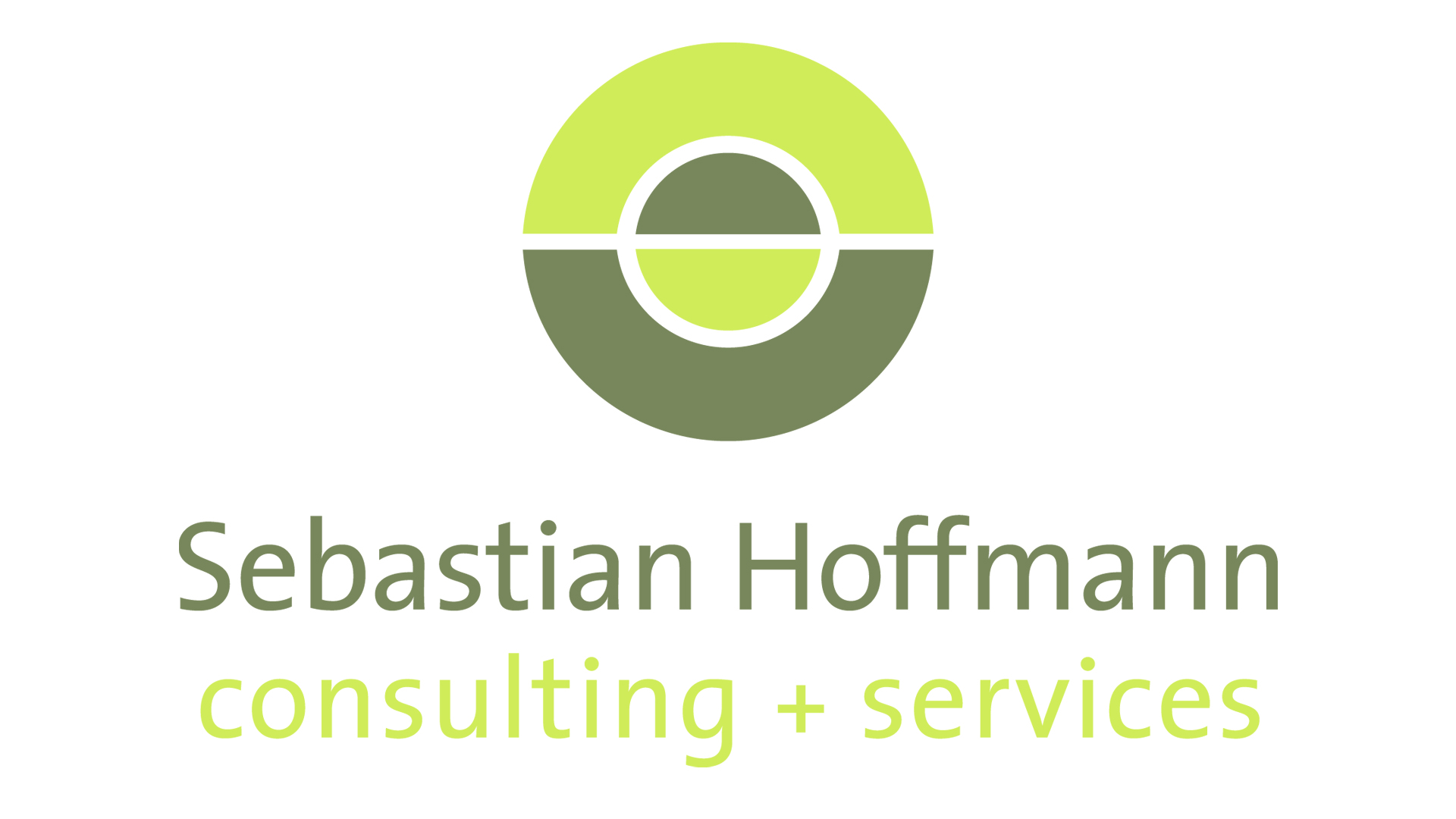seh consulting + services

Dr. Sebastian Hoffmann established the independent consultancy ‘seh consulting + services’ in 2009. He is specialised in the assessment and validation of in vitro and other non-animal test methods and in the construction and evaluation of testing strategies, benefitting from 17 years of experience in standardisation, optimisation and validation of test methods, especially for human health endpoints relevant for industrial chemicals. Through collaborations with industry, academia, validation bodies and OECD profound understanding of the diverse needs, views and obstacles has been obtained. seh consulting + services will co-lead work package 7 (AOP & Validation) of the proposal. The main tasks will be to statistically support the development of non-animal testing methods in order to prepare them for subsequent validation, to manage validation activities according to internationally agreed requirements and to conduct independent statistical analysis of validation study data. To ensure efficient data flow and handling, close interaction with the data management work package is essential. In addition, the evaluation of relevant currently used testing methods and IATA (Integrated Approaches to Testing and Assessment) and the development of new IATA (WP 8) will be supported.

Dr. Sebastian Hoffmann is a statistician by training. He received his Ph.D. from the University of Konstanz in 2005. Sebastian was responsible statistician at the European Centre for Validation of Alternative Methods (ECVAM, today EURL-ECVAM) at the European Commission’s Joint Research Centre from 2003 to 2008. After employment for one year at the consultancy and service provider TÜV Rheinland Biotech, he founded seh consulting + services.
Serving as the independent statistician of validation management teams, Sebastian has supported numerous validation studies of in vitro test methods, for example for skin irritation (leading to OECD Test Guideline 439), genotoxicity (e.g. leading to OECD Test Guideline 487) or skin sensitisation. He has also been chair or member of peer panles reviewing the validation status of test methods. In addition, he has great interest in further improving the methodology used for assessing test methods and in the development and assessment of testing strategies in order to adapt the validation process to appropriately incorporate knowledge about toxicological mechanisms.